Inhibitions & Judgement
Alcohol acts as a depressant. By raising the levels of GABA neurotransmitters in your brain, alcohol slows down psychological and physiological processes that in small quantities, can invite feelings of euphoria and reduce anxiety.
These feelings of pleasure and arousal are only heightened by alcohol's ability to increase dopamine and norepinephrine. This hampers your ability to calculate risks and increases impulsivity.

As a suppressant, alcohol decreases activity in your prefrontal cortex. Now, the PFC regulates your decision-making skills and capacity for rational thought. When this part of your brain slows down, it gets easier to act "without thinking".
Motor Functions and Speech
Due to its suppressive effects on our central nervous systems, alcohol leaves us struggling to process information and delays reaction time. It takes your drunk brain a little extra time to process sights, smells and sensations or tell you how to think and feel about them. You are also likely to experience slurred speech, blurred vision, impaired motor functioning and a weaker response to unpleasant stimuli.
In simpler words, it takes your brain extra time to absorb sensory information that would ordinarily trigger an immediate survival response. This then delays our abilities to recognise or express discomfort and exit those situations.
Communication
We also find it difficult to express our boundaries through body language and facial expressions. And when your vision is blurry, when your cognition is low, and you're feeling impulsive, can you say with 100% confidence that you'd be able to read and understand other people's facial expressions, body language or understand their slurring verbal communication?

While alcohol does attenuate feelings of anxiety, thus reducing social anxiety, sexual anxiety, or traumatic pasts, it's important to note that sexual activity doesn't always play out the same way every time you're drunk. Alcohol slowly robs us of two of the most important aspects of safe sexual interactions: control and consent.
Control and Consent
What we're trying to say is that it's irrelevant if you're a 'good person' when you're sober. Alcohol doesn't make anyone bad, but it makes it easier for us to act on impulses and make choices that we ordinarily may not have when sober. For some, that could mean making spontaneous fashion choices or getting an impulse tattoo, but for others, the outcome can be far worse.

And if your impulsivity or spontaneity brings harm or injury to other people or yourself, there is no point in debating how good we are otherwise. The conversation needs to be about the harm caused, how it can be addressed, and how we can work to make sure that type of harm is not caused again.
Remember: consent is not just the word 'yes'. It's the informed, enthusiastic and conscious decision to say yes in situations where the option to say no exists as well. The act of seeking consent is also ongoing, because consent itself is not a one-time agreement or a binding contract. It is a continuous practice and effort, like deciding to go for a run and continuously checking if your body can handle another minute.
You can’t run a 10k just because you decided you would. If something changes or feels off mid-run, you would stop. Because that’s how you stay safe.
Consent cannot be manufactured and you cannot assume consent through the absence of rejection. 'Yes' only counts as 'Yes' if the person is of sound mind and feels safe and informed enough to say 'No' with just as much ease.

Is It Safer To Drink With The Gang?
Yes and no.
Increasing your sense of control and safety in your environment by drinking with known people definitely helps make up for the impulsivity and devil-may-care thinking that kicks in as we drink, but that doesn't mean that all decisions made in the presence of your group will be good ones.
In a 2016 study published in BMC Public Health, a team of researchers from Cardiff University found that people felt less drunk and less at risk when surrounded by others who were also intoxicated, and felt more at risk when surrounded by people who were sober.
If your friends drink lesser/slower than you do, you're likely to maintain control on your own pace and consumption. But when your company drinks hard and fast, you're more likely to try to keep up with them.
So, Stay Sober?
That's like saying the only way to stay sexually safe is by abstaining from sexual acts entirely, which is historically untrue. Suppressing desires is not the key to safety, but information is.
Awareness and community efforts to build safer communication habits is vital. And that's what we need to do to safely explore pleasure and intimacy under the influence of alcohol.
Before mixing sex with alcohol, it may help to ask yourself these questions:
What sexual acts or sensations do you like and dislike?
What does alcohol do to your communication?
What are you hoping to explore or experience when you mix alcohol and sex?
How can you make sure to communicate and ask for consent during these acts or experiences?
What This Means For Survivors
While alcohol can be one way to take some of the edge off, thus allowing you to resume your journey with exploring sex after surviving trauma, remember that alcohol can impact your sense of control and your presence, and potentially cause you to relive existing traumatic memories or create new ones.

It's important to understand that alcohol is not your only option for managing anxiety or curbing stress. Therapy, medication, meditation and developing safe relationships with people who want to learn how to be safe for you, also goes a long way. If you are looking for ways to explore sex and sexuality while experimenting with power and control, it might be safer for you to do some research on BDSM philosophies and techniques that allow for this exploration in a safe, sane, informed and consensual way.
Creating and Maintaining Safety
As you question these facets of yourself, it might get easier to decide what spaces are safest for you, what people are safe for you, what acts and experiences can be explored without causing you physical or mental harm and what you can do to stay accountable for the safety of others.
For example, if you are likely to make spontaneous phone calls or send texts to people who may be unhealthy for you, you can practice safety by putting your phone away and asking a friend to ensure that you don't make any calls.
If you are likely to experiment with other drugs or indulge in sex acts that may cause more harm than pleasure, you can meet people and partners in spaces where the odds of partaking in sexual acts or obtaining other drugs may be slimmer than usual. Only you can decide what's pleasurable to you and you cannot decide what is pleasurable for others.



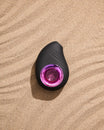



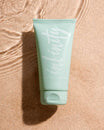


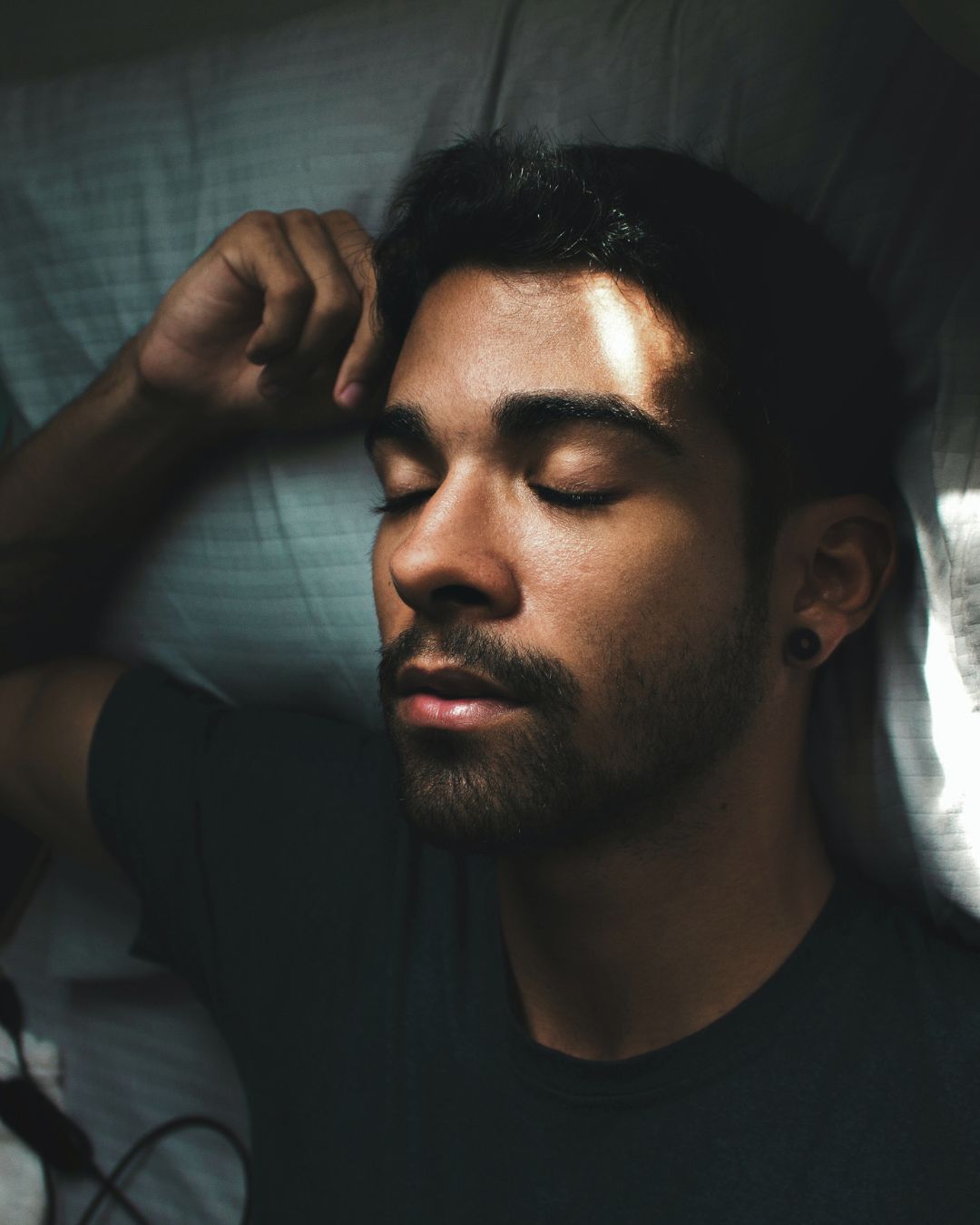




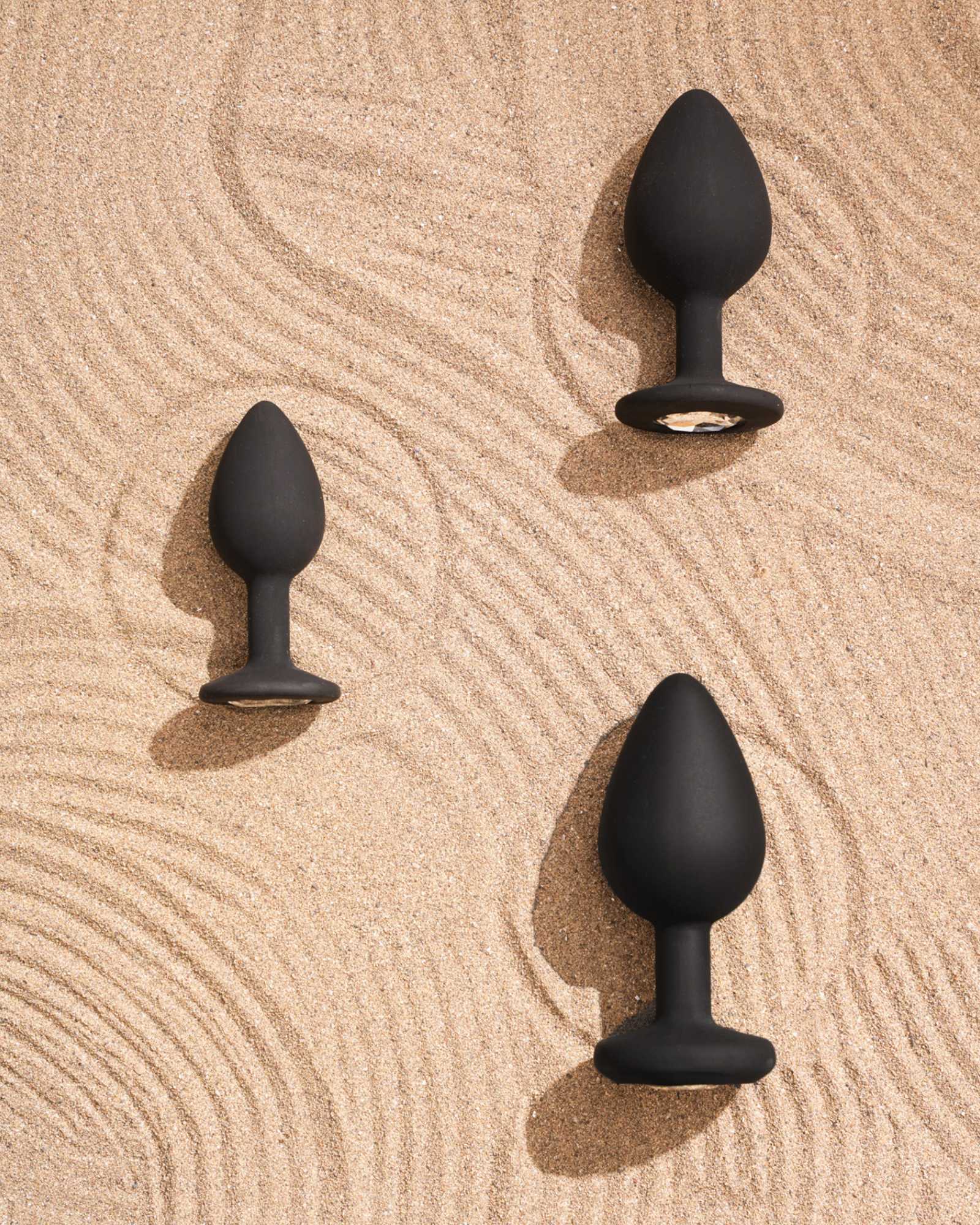
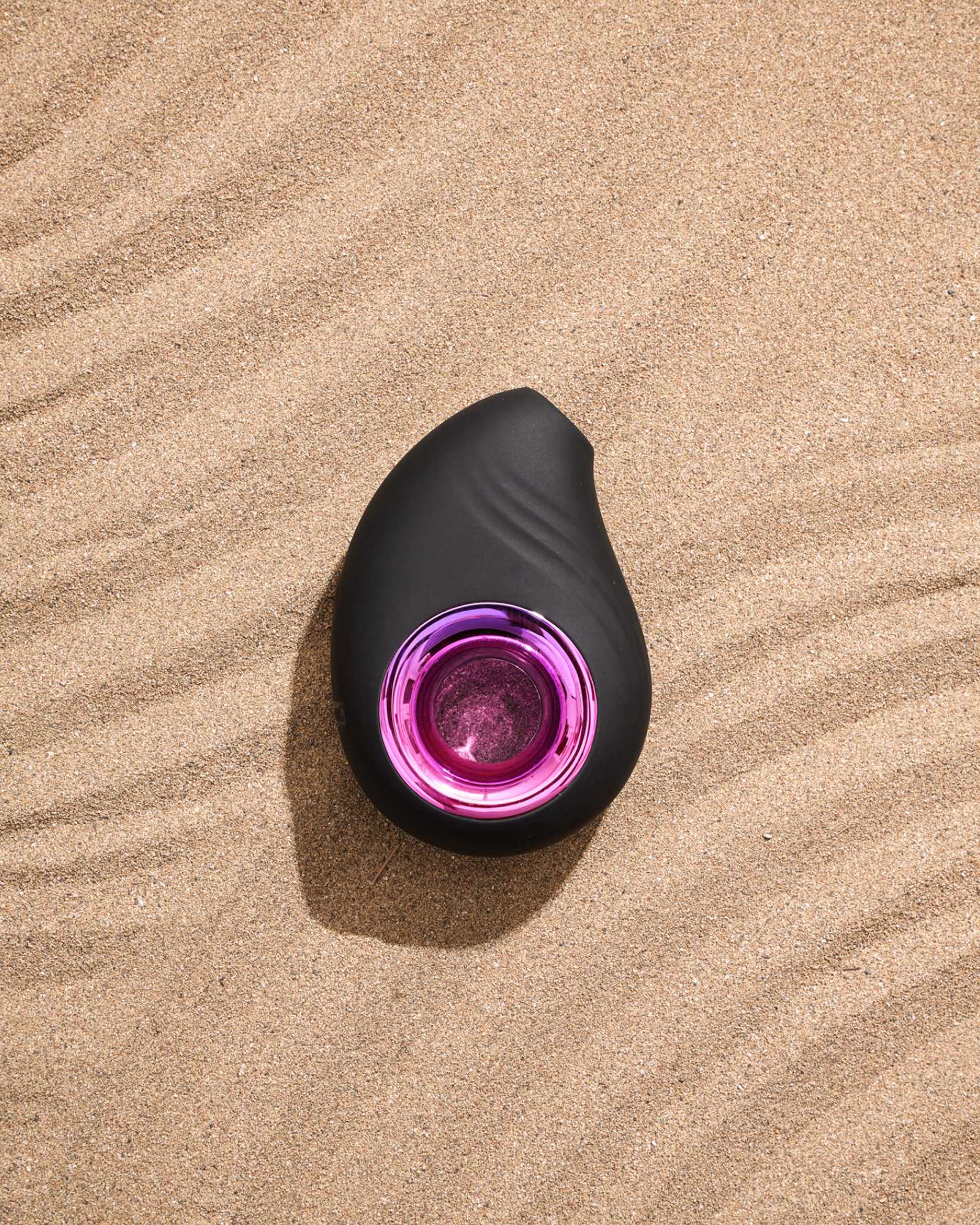

Leave a comment
This site is protected by hCaptcha and the hCaptcha Privacy Policy and Terms of Service apply.